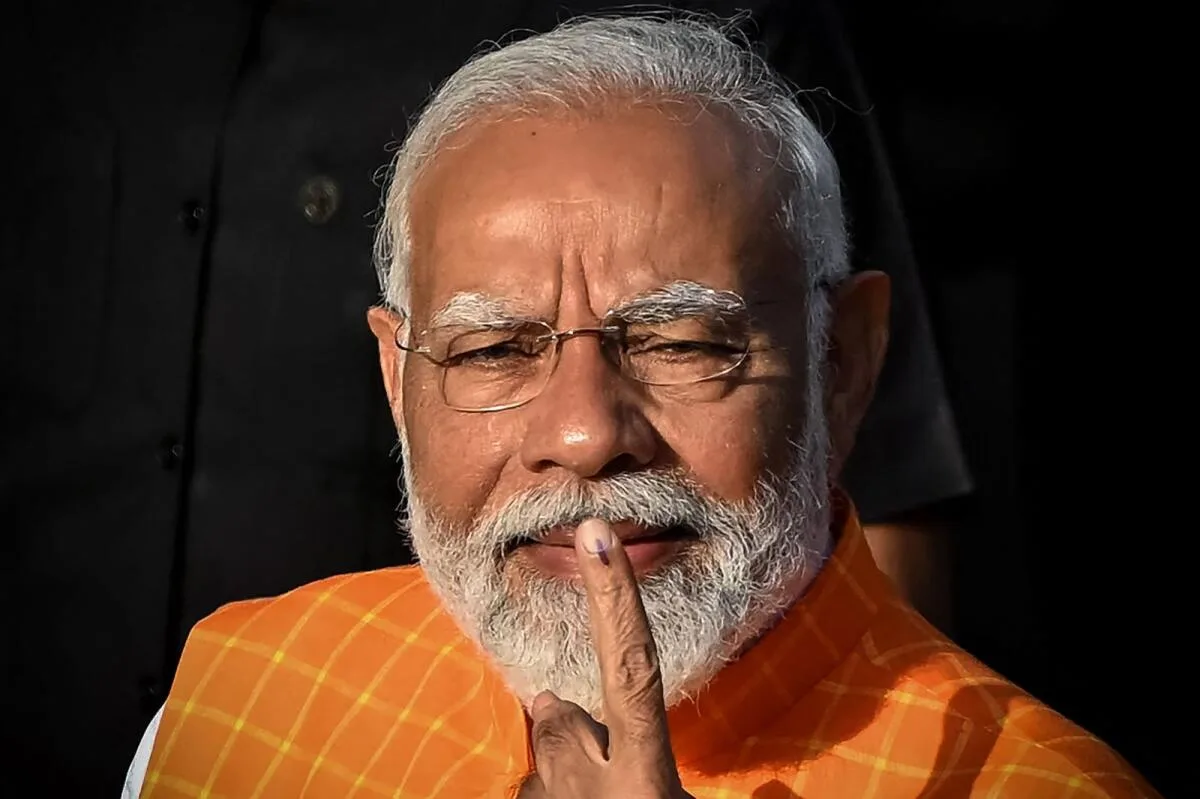Indian Prime Minister Narendra Modi has unveiled ambitious targets to bolster farmer incomes as part of his ongoing efforts to reform India’s agricultural sector and address the concerns of a crucial voting demographic disheartened by past government shortcomings.
Seeking a rare third term in the ongoing elections, Modi aims to elevate rural per capita income by 50% by the year 2030, as outlined in documents reviewed by Reuters. The proposed strategy involves augmenting corporate investments in agriculture to 25% of the sector’s overall investment, up from the current 15%, and fostering non-farm job opportunities through the reinforcement of small-scale industries.
Modi’s renewed focus on agricultural reform and rural prosperity is essential for sustaining India’s rapid economic growth while mitigating disparities between urban and rural populations, a gap that has widened during his tenure.
Milan Vaishnav, an expert on South Asian politics and economy, emphasized the significance of Modi’s economic legacy, particularly in addressing the livelihoods of the vast rural populace.
However, Modi’s previous pledge to double farmer incomes by 2022 remains unfulfilled, prompting skepticism among farmers regarding the feasibility of the new targets. The government’s recent attempts at agricultural reform, notably the introduction of three contentious farm laws aimed at liberalizing the sector, were met with vehement protests from farmers, leading to their repeal in 2021.
Modi envisions India as a developed nation by 2047, marking 100 years of independence from British rule, with agricultural transformation playing a pivotal role in this vision. His vision entails a significant increase in corporate investments in agriculture, exceeding 40% by 2047, to facilitate mechanized farming and bolster infrastructure such as warehouses, cold storage facilities, and food processing units.
However, farmers, particularly in states like Uttar Pradesh, Maharashtra, and Odisha, express reservations about the feasibility of Modi’s plans, citing declining incomes and stagnant wages during his tenure. While Modi’s government has implemented measures such as raising minimum support prices for crops, farmers remain apprehensive about policy consistency and the potential loss of land control to corporations.
Opposition parties, including the Congress party, have also pledged to address farmer concerns in their electoral manifestos, underscoring the importance of tangible implementation on the ground.
Despite the challenges ahead, farmers like Dilleswar Pradhan from Odisha express cautious optimism, emphasizing the need for effective implementation to translate promises into tangible benefits for rural communities.



